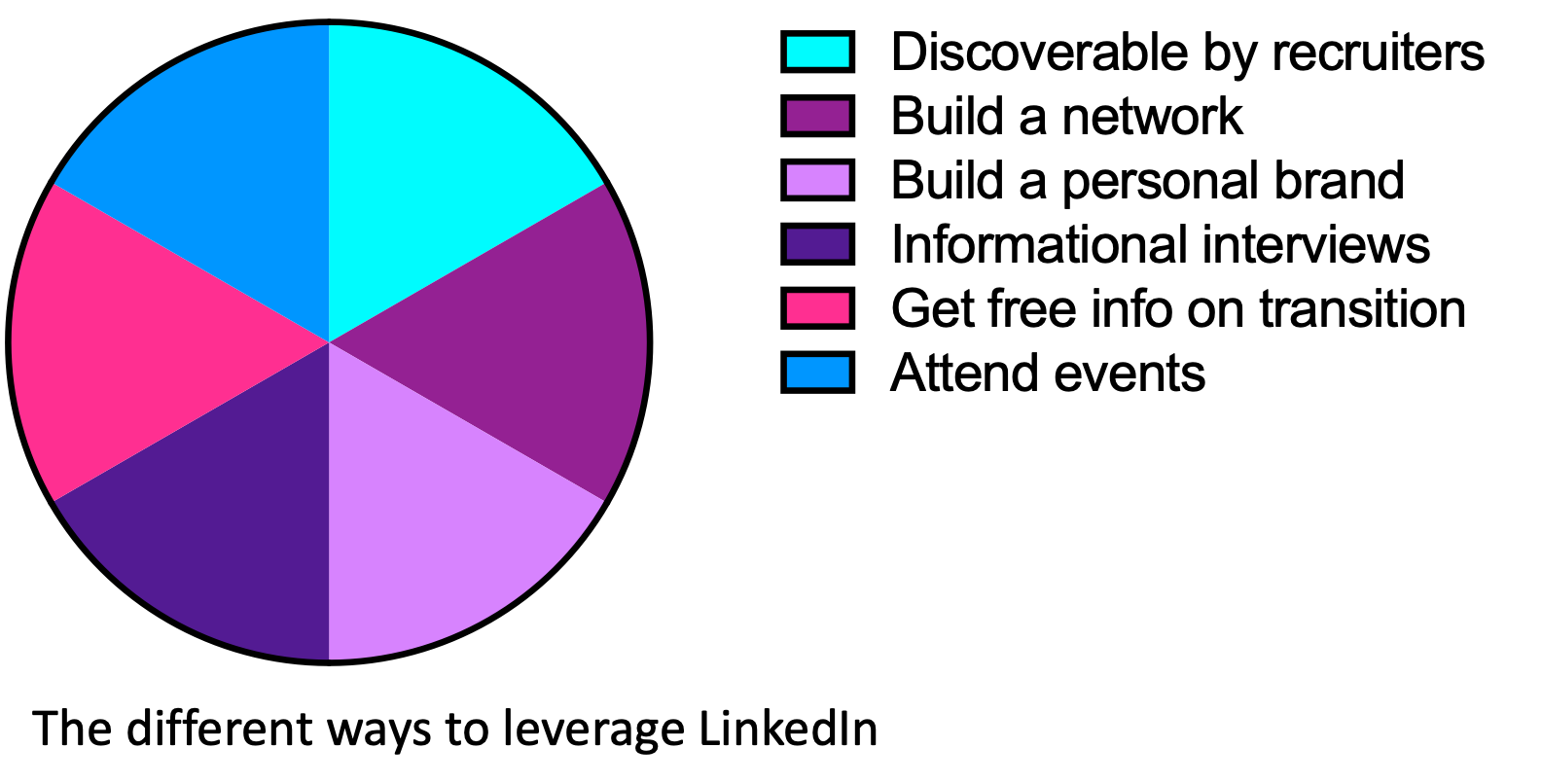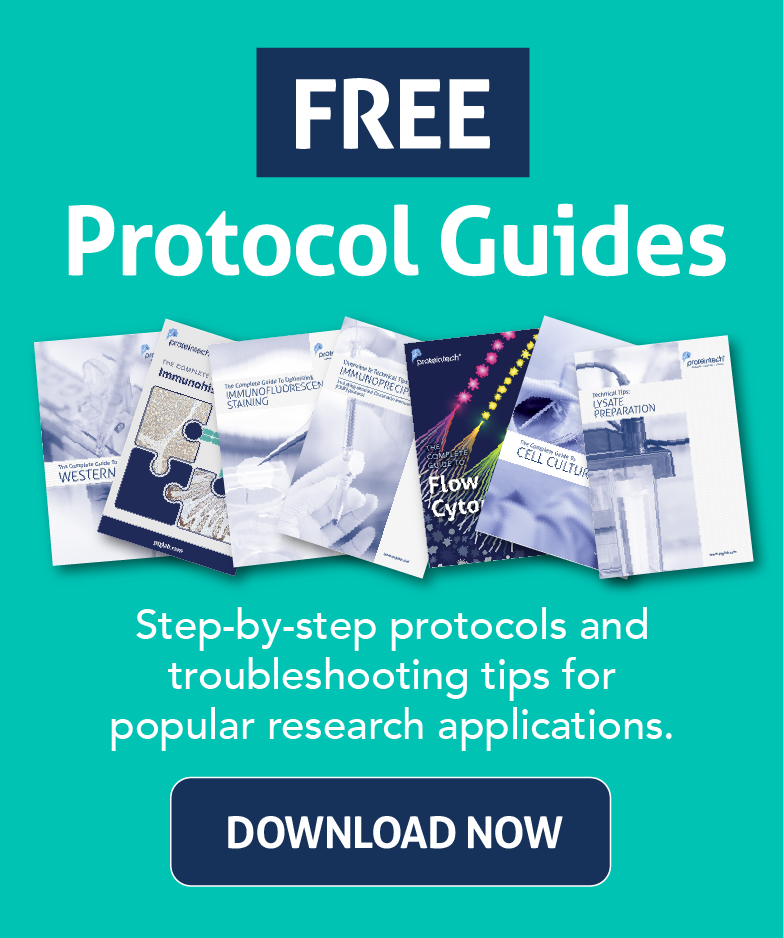How to transition from academia to industry using LinkedIn
Written by Elena Hoffer, PhD. Co-Founder and CEO of Alma.me.
Transitioning from academia to industry can feel intimidating and scary, mainly because of the many unknowns surrounding industry. But what if I said you can unravel these unknowns from the comfort of your own home by utilizing LinkedIn? Having an online presence on LinkedIn provides numerous ways to help you make the leap into industry.
Allow me to tell you my story. When I was in the middle of my PhD, I realized that I wanted to leave academia once I completed my degree. I envisioned myself in a job where I could connect and work closely with other humans. I organized career seminars for PhDs, reflected a lot on who I am and what I want to do, and took an entrepreneurship course during my PhD, all of which helped to broaden my horizon. Ultimately, I decided I wanted to move into business.

Where to start? Tips that work:
“You won’t go anywhere without a network.” This was one of the most valuable tips I ever received and to this day, I am grateful that someone shared it with me early on. But, how can you get to know different businesses and meet people in industry while still in academia?
For me the answer was LinkedIn. It allowed me to network with anyone, and the platform has almost one billion users. This led to me think, “Why not put myself out there?” So, that’s exactly what I did.
Optimize your profile
Know who is relevant to you: To make the most of LinkedIn, I recommend first defining your objective for using it. If your aim is to get a job, then know which roles – it will help you prepare your profile in a more targeted way and connect with the right individuals on LinkedIn.
Want to optimize or create a LinkedIn profile but don’t know where to start? Proteintech have written a helpful blog on just that! Read it here.
The following table provides a starting point for various positions that PhDs can pursue outside of academia. You can search for open roles on LinkedIn by entering the job title in the search bar and selecting “Jobs”.
|
Example roles |
Example companies |
Transferable skills from academia |
|
Field application specialist |
Genentech, 10X Genomics, Sartorius, Thermo Fisher Scientific (Biotech) |
Technical proficiency, communication skills, teaching and educating, customer relationship management |
|
Patent attorney |
Potter Clarkson, Adavan Beiten, FOD, MLL Legal (Patent law) |
Communication, attention to detail, critical thinking, argumentation skills, professional writing, project and time management skills, willingness to learn |
|
Management consultant |
McKinsey, PwC, BCG, Bain and Co (Consulting) |
Communication, creative problem solving, interpersonal skills, presentation skills, analytical skills, resilience |
|
Life science consultant |
Accenture, IQVIA, PARAXEL International |
Subject matter expertise, communication skills, research and analytical skills, problem solving, client interaction |
|
Account manager |
Large and small Biotech and Pharma companies |
Communication, organization, stakeholder management, influencing, budgeting |
|
Marketing manager |
Genentech, Thermo Fisher Scientific, Proteintech |
Creativity, organization, technical knowledge, stakeholder management |
|
Editor |
Elsevier, Science, Nature, |
Publication experience, communication skills, writing and editing skills, attention to detail, research skills |
|
Research scientist |
Novo Nordisk, Novartis, Amgen, Lonza |
Analytical skills, research skills and experimental design, critical thinking, literature review and synthesis, technical writing |
|
Decision scientist |
Travelers, Meta, |
Analytical skills, quantitative proficiency, data management, communication skills |
|
Data scientist |
Amazon, Google, Microsoft, Meta |
Data analysis, coding (multiple coding languages), analytical thinking |
|
Medical science liaison |
Novartis, Johnson&Johnson, AstraZeneca, Amgen, Lilly |
Scientific communication, stakeholder management, resilience |
|
Associate medical writer |
Nucleus Global, Pfizer, Novartis, Roche |
Scientific expertise, technical writing, communication, graphical and visual integration, attention to detail, research skills |
|
Science writer / Communication specialist |
National Geographic, Scientific America, NASA |
Scientific writing (thesis writing, grants, publications, literature reviews), research skills, scientific expertise, critical thinking |
|
Product manager |
Thermo Fisher Scientific, BD, Meta, Proteintech |
Time and project management, adaptability, research skills, analytical thinking, communication skills |
|
Medical advisor |
Amgen, Boehringer Ingelheim, |
Presentation skills, analytical skills, scientific expertise, medical writing, research skills |
Create an appealing profile: The basis of everything, whether you want to be found by recruiters or build a network.
- Profile picture: Ensure you use a nice, professional-looking headshot.
- Add a banner: The banner is literally free marketing space to showcase what you stand for professionally, what you are passionate about, or the problems you can solve.
- Headline: The headline is important, especially the first five words. For example, when you comment on a post, these will be visible to other people and can give them an immediate indication if you are of interest to them. So, make sure to showcase what you do. I recommend keywords used in your relevant industry!
There are more sections that I won’t go over here, but if you want to be discovered by recruiters, add your skills in the skills section. Think of the positions, narrow them down to a maximum of two to three, and add the skills relevant to these positions – less is more here, just like in your resume.
Get noticed and build a network by engaging with people that are relevant to you
Being on LinkedIn with an appealing profile is good, but getting noticed through engagement with others’ content can be an even more effective strategy, not only to be discovered but also to build personal network connections.
Most jobs are filled through networking. A LinkedIn survey showed that around 85% of positions are filled through networking. The most effective way to network is by understanding who is interesting to you: which industry, roles, and people.
A good way to get noticed by relevant people on LinkedIn is not just by asking a favor but instead by building a relationship. Networking is essentially relationship building, which many people seem to forget – the basis of every relationship is trust and consistency, and it is a long game. It means showing up consistently over a long period of time; a single comment won’t make a big difference. You have to engage repeatedly with people. This is how you build a strong network, brick by brick. Consistent engagement also keeps you in people’s minds. Eventually, you may be able to reach out and ask for a meeting.
Conduct informational interviews to get to know people and companies on LinkedIn
Another great way to use LinkedIn in the job search is to identify roles that you really like and then find people who work in them, maybe even in a company you like. I really like informational interviews as they can serve two purposes:
- Gaining insight into a role you are interested in, which might give you a competitive edge if you can incorporate what you have learned into your resume, showcasing that you understand the needs of the role.
- Expanding your network. If done right, this person will now be part of your network.
Pro Tip: Make sure to follow up after the interview and express your gratitude.
Create your own content
The most effective way to showcase your experience to potential employers is by posting about things that you know and care about. Creating content is simply the best way to help people find you, enabling you to build relationships through that awareness. By creating, you can demonstrate your expertise, personality, and values, conveying what you stand for. You can build authority in a field and attract the right people to your profile.
Getting started can often be the hardest step, but don’t let self-doubt stop you. I started by commenting and then eased into content creation. While commenting served as a starting point, content creation was a game-changer.
So, I encourage everyone to try it out early and often. Once you get the hang of it, you’ll quickly find that it’s no different from any other circle of friends (only much easier to find people with similar interests). I understand it can be quite out of your comfort zone – it most definitely was out of mine – but don’t let that keep you from getting started. I promise you it will pay off!
Happy networking!
Elena
Related Content
How to create a LinkedIn profile for scientists
Careers Workshop: CV writing for academia and industry
How to succeed in an interview- Academia vs. Industry
How to prepare for a PhD viva- ten tips for success
Support
Newsletter Signup
Stay up-to-date with our latest news and events. New to Proteintech? Get 10% off your first order when you sign up.

